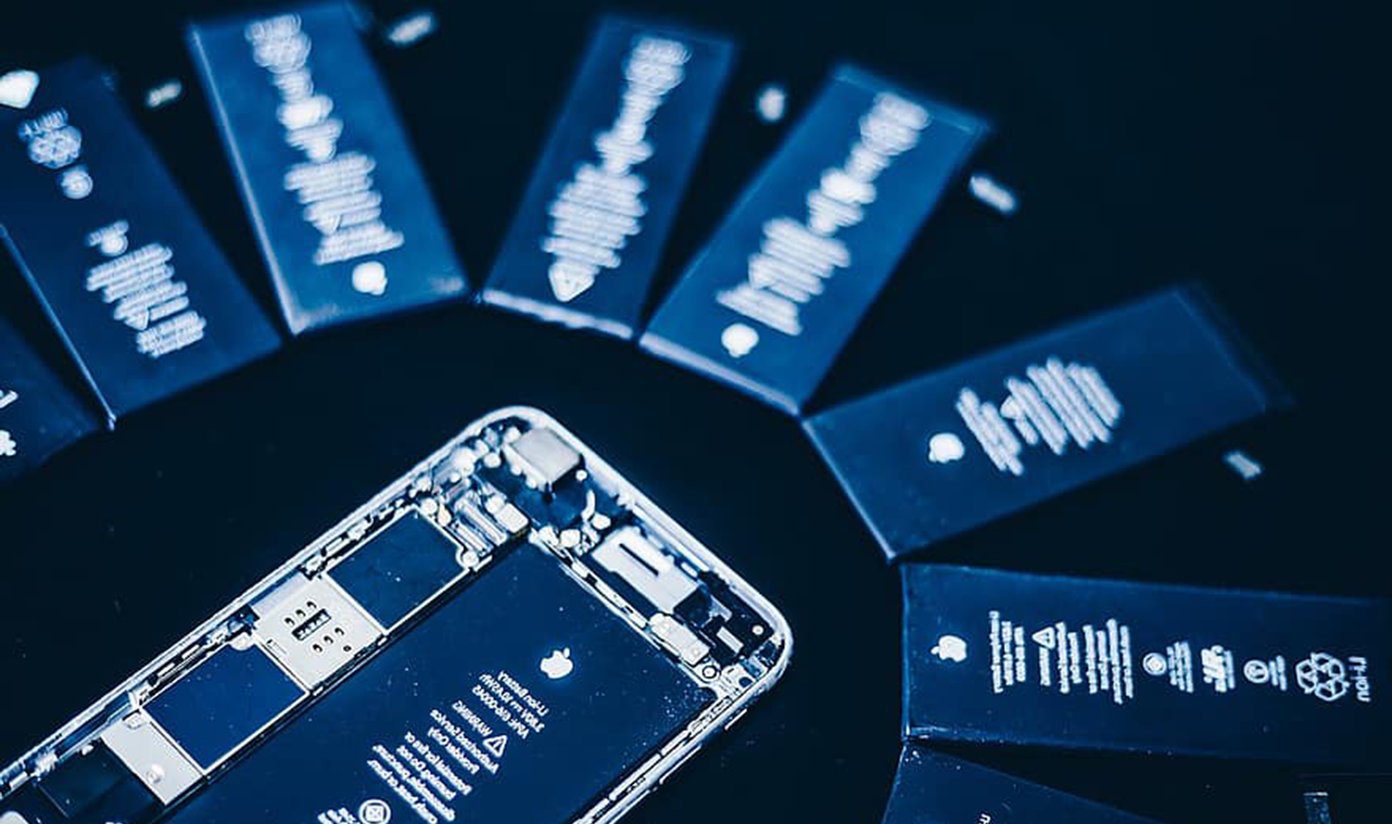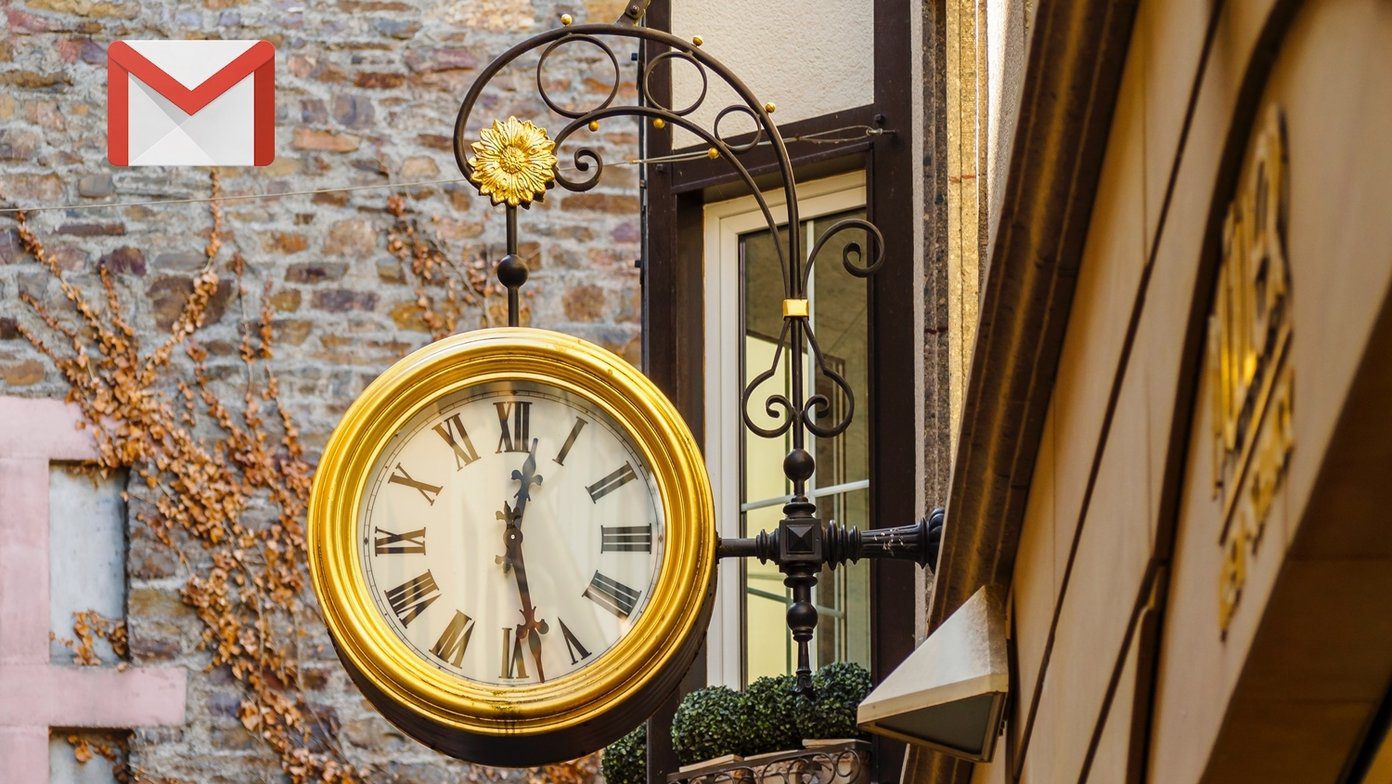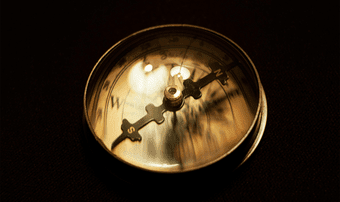The ‘This Content Is Not Authorized’ error that you are obviously experiencing right now is possibly the worst, primarily due to the fact that it doesn’t provide a clue as to why it shows up in the first place. But a little digging around online is all that it takes to find out the reason behind this message — digital-rights management, or DRM. Hence, expect to see it whenever Apple Music runs into authentication problems with downloaded music. However, various random bugs and glitches within the Music app can also cause this issue. So, can you do anything about it? Let’s find out.
Enable Cellular Data for Music
If you like downloading tracks for offline listening, then odds are that you don’t like using up cellular data. And considering the excessive charges that you incur for exceeding your monthly limit, it’s not as if you have a choice, right? To help you out in that regard, the iOS Settings app features an option that prevents Apple Music from consuming cellular data. But while it’s quite handy for preserving precious cellular bandwidth, this setting can also hinder the Music app from checking online for playback permissions related to your Apple ID. Hence, you need to allow the Music app to use cellular data. But don’t worry — there are in-depth configuration settings that you can use to restrict the app to use cellular data solely for authentication purposes only. Step 1: Open the Settings screen on your iPhone or iPad. Step 2: Tap Music, and then tap the option labeled Cellular Data. Step 3: Turn on the toggle next to Cellular Data. If you want to stop Apple Music from using cellular data for other purposes, then turn off the switches next to Streaming and Downloads as you see fit. Afterward, relaunch the Music app and attempt to play a downloaded track. Does it play now? If not, let’s see what you can do next.
Force Restart Device
Restarting your iPhone or iPad is a generic fix for almost any iOS-related issue, but it’s one that really works for the ‘This Content Is Not Authorized’ error in particular. A force restart clears out the system cache and resolves persistent problems that prevent Apple Music from authenticating downloaded music when connected online. To force-restart your iPhone or iPad, hold down both the Power and Home buttons until you see the white-colored Apple logo flash on-screen. After your device restarts, open the Music app. If you are connected online via Wi-Fi or cellular data, then you should likely be able to play your songs without issue from now onward. Still facing the error? Read on.
Re-Download Track
Does the issue occur only with specific music tracks? If so, then it’s most likely an issue with an improper file download. To rectify the issue, try re-downloading track. Step 1: Tap and hold the problematic music track, and then tap Remove. Step 2: When prompted to remove the download or delete it from your library, tap Remove Download. Step 3: Tap the cloud-shaped Download icon to re-download the track. Disconnect from Wi-Fi or turn off Downloads under Cellular Data settings for the Music app, and then attempt to play the freshly downloaded track. If you can play it without issues now, repeat for any other downloaded items that you can’t play. If that didn’t work, then let’s try something a little different.
Download a Track From iTunes Store
Do you have any songs purchased from the iTunes Store? If so, consider downloading one. It sounds weird since the error is related to Apple Music, but forum chatter indicates that downloading a purchased track from iTunes does sort of ‘unglitch’ authentication-related issues for Apple Music as well. Step 1: Open iTunes Store, and then tap Purchased. Step 2: Tap the Download icon next to a track that you haven’t yet downloaded for offline listening. If downloading one didn’t sort things out — or if you don’t have any purchased tracks — then let’s see what you can do next.
Sign Out/In to iTunes & App Store
By now, you’ve gone through several troubleshooting steps related to authentication. If none of they worked, then consider signing out and then back in to the iTunes and App Stores as a last resort to fixing any verification issues for good. However, doing so removes any downloaded music, so do take note of the fact before you go ahead. Of course, you can re-download them once you sign back in. Step 1: Open the Settings app, and then tap iTunes & App Store. Step 2: Tap your email ID next to Apple ID. On the pop-up box that shows up, tap Sign Out. Step 3: Restart your iPhone or iPad. To do that, simply hold down the Power button until the Slide to Power Off prompt appears. Once your device turns off, it’s a matter of holding down the Power button again to restart it. Step 4: After restarting, go back to the Settings screen, tap iTunes & App Store, and then tap Sign In. Use your Apple ID credentials to sign back in. Step 5: Tap Music on the Settings app. if iCloud Music Library has been turned off automatically, then enable it. Launch the Music app, re-download your tracks, and then try playing them. Did that do the trick? If not, let’s try one last thing.
Reset Network Settings
In the unlikely event that you are still receiving the ‘This Content is Not Authorized’ error message, then it’s time to reset your network settings. Any corrupted network configurations that prevents Apple Music from authenticating tracks should be resolved for good after this. Step 1: Open the Settings app, and then scroll down and tap General. Next, tap Reset. Step 2: Tap Reset Network Settings. If prompted, enter your passcode to proceed. Step 3: Tap Reset on the Reset Network Settings pop-up box. After the reset, either search for and connect to an available Wi-Fi network or enable cellular data, and then attempt to play a track. You should likely be able to continue listening to downloaded music without issues from now onward.
Time to Chill Out …
Hopefully, you are now chilling out to whatever track it was that prompted the ‘This Content Is Not Authorized’ error. Usually, it’s a matter of verifying the authenticity of a track with cellular data, but any of the other tips should do the trick for instances of a bugged out Music app. Any other suggestions or fixes that you know of? Feel free to drop in a comment and let us know. The above article may contain affiliate links which help support Guiding Tech. However, it does not affect our editorial integrity. The content remains unbiased and authentic.

























